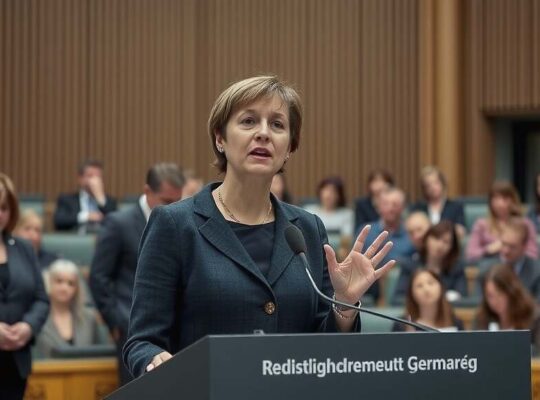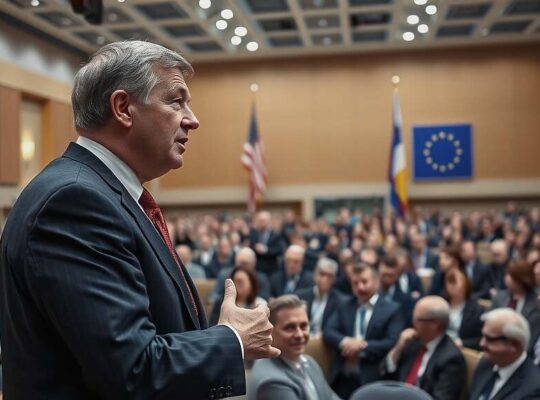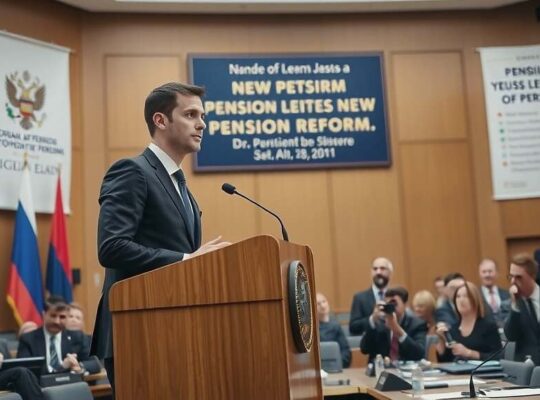Markus Söder, leader of the CSU party and Bavarian Minister-President, is escalating calls for a dramatic shift in Germany’s energy policy, directly criticizing the current trajectory as unsustainable and economically crippling. In an interview with “Welt am Sonntag”, Söder argued the nation’s reliance on heavily subsidized renewable energy sources and the simultaneous decommissioning of nuclear power plants represents a deeply flawed strategy.
Söder’s central argument revolves around the artificial suppression of energy prices through massive government subsidies, a practice he contends stifles innovation and incentivizes inefficient production methods. He specifically called for a reevaluation of Germany’s stance on domestic natural gas extraction, labeling it a “taboo” and questioning why the nation imports expensive Liquefied Natural Gas (LNG) from the United States while possessing substantial, readily exploitable reserves. He cited expert assessments from the Federal Institute for Geosciences indicating decades’ worth of natural gas within German territory.
The CSU leader advocates for the construction of smaller, next-generation nuclear reactors, dubbed “mini-reactors” as a significant component of a reformed energy mix. He pointed to technological advancements in countries like Canada, Switzerland and others as evidence of viable alternatives to large-scale nuclear power, arguing these smaller reactors would require less government subsidy. Furthermore, he proposed a serious investigation into the feasibility of mining rare earth minerals within Germany, contingent upon economic viability.
Söder’s critique extended sharply to the Federal Ministry for the Environment, Conservation, Nature and Nuclear Safety, accusing it of clinging to outdated “green dogmas”. While acknowledging current Minister Carsten Schneider as open to dialogue, Söder alleged that entrenched bureaucratic structures operate on autopilot, perpetuating policies resistant to modern environmental approaches. He implied a need for a generational shift away from the policies historically associated with former Minister Jürgen Trittin and a move toward a more pragmatic, economically sound energy strategy to facilitate a necessary economic recovery for Germany. The demands represent a significant challenge to the current coalition government’s policies and signal a deepening rift within the political landscape regarding the nation’s energy future.












